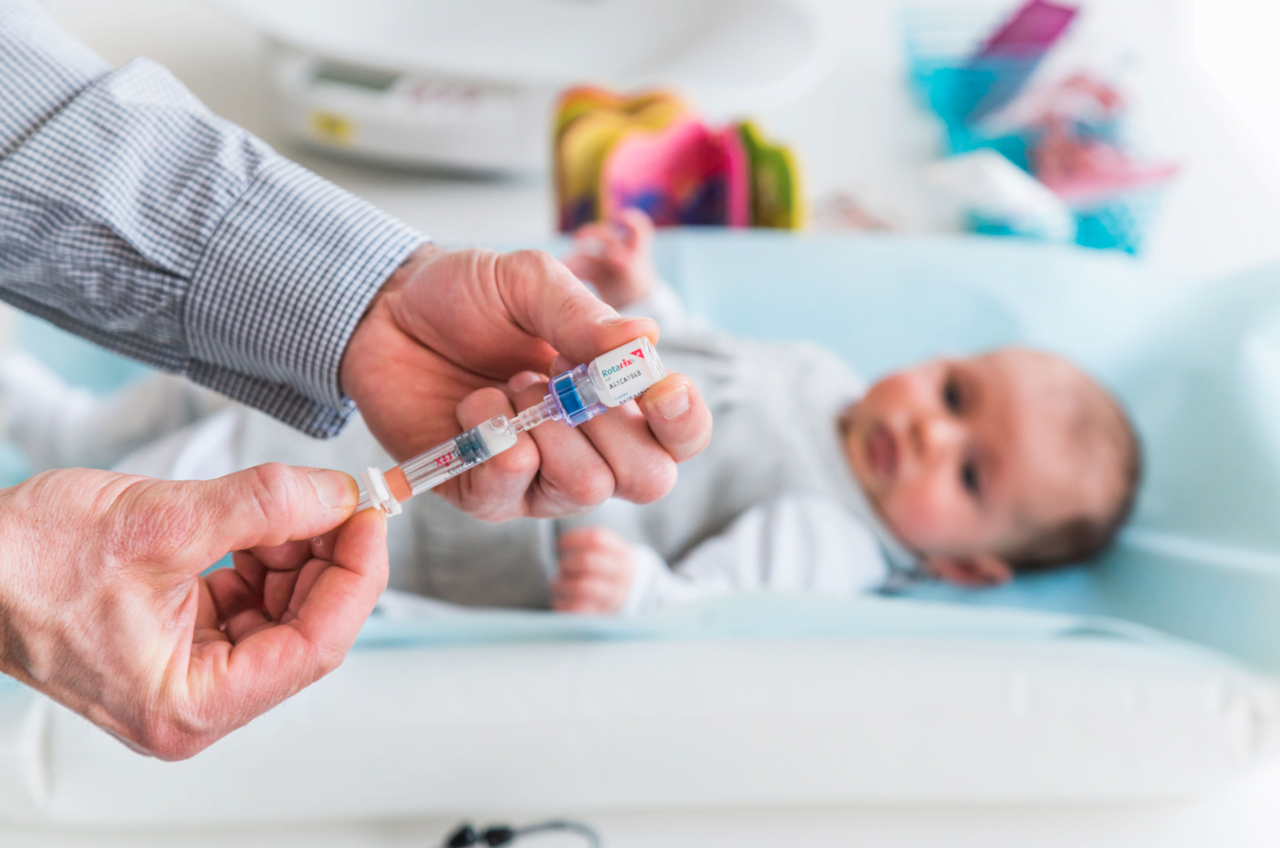There are constant claims on anti-vaccination websites that vaccines can cause autism. Let's check if this is true.
In 1998, the authoritative medical journal The Lancet published a scientific article by the English doctor Andrew Wakefield, in which the author and his two co-authors showed that the triple vaccine against measles, mumps and rubella (in English MMR), now accepted throughout the world, can cause autism in children vaccinated with it. The results of the study were sensational, and Wakefield appeared on television and conferences around the world.
The study included 12 children suffering from autism and autism-like conditions. The authors linked the subjects' autism to this particular vaccine, since inclusions of the measles virus were found in the patients' intestines.
In addition, anti-vaccine websites are replete with stories from specific parents, sometimes recorded on video, about how their children’s problems began immediately or shortly after the next scheduled vaccination. The scariest thing is to hear about one and a half to two year old children who, due to the onset of autism, lost the speech and other communication skills they had already acquired.

Immediately after the publication of Wakefield's article, the medical community expressed skepticism about it. Scientists noted that a sample of 12 people was not enough for any serious conclusions. However, the reality turned out to be even worse.
A few years later, a medical journalist Brian Dear I decided to take a closer look at the research methodology and data, and also interview the parents of all 12 children who took part in it. As a result, it turned out that the work did not comply with any scientific or ethical principles, and the results were simply falsified.
In parallel, large-scale studies were conducted in different countries of the world to search for a connection between MMR vaccination and the occurrence of autism in children. One of these studies was analyzed data from more than half a million Danes, where the majority received the vaccine but a control group of more than 90,000 did not. There was no statistically significant difference in the percentage of people with autism in the two groups. As a result, in 2010, The Lancet journal officially admitted its mistake and recalled article.
So, are parents of sick children lying? No, they're not lying. But they make a common logical mistake. “After” does not mean “as a result.” The fact is that among the many varieties of autism spectrum disorders (it is correct to say so), doctors distinguish so-called regressive autism, when in the first year of a child’s life there are no signs of abnormalities, but at one and a half to two years they suddenly appear, speech skills begin to regress and you need to work again to restore them. This age coincides for many children with the age of receiving MMR and DPT. But statistics show that regressive autism occurs with equal frequency in both vaccinated and unvaccinated children.
Doctors admit that they still know very little about autism. They know that autism is a multifactorial condition, but they don't know exactly how it begins. However, there is one aspect that the scientific community, thanks to Wakefield's article, has studied very carefully, and perhaps this is the only thing we know about autism for sure: it has nothing to do with vaccines.
Fake
Read on topic:
- https://medspecial.ru/for_patients/7/13680/
- https://takiedela.ru/news/2017/10/10/privivki-i-autizm/
- https://meduza.io/feature/2016/02/06/privivki-vyzyvayut-autizm
If you find a spelling or grammatical error, please let us know by highlighting the error text and clicking Ctrl+Enter.







